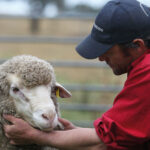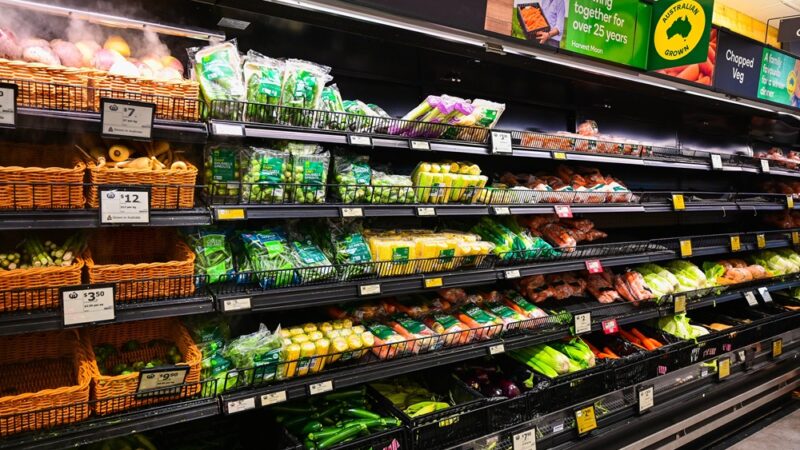NSW Farmers’ Annual Conference delegates have voted to support the use of a national individual…
NSW Farmers: support for traceability is ‘conditional’
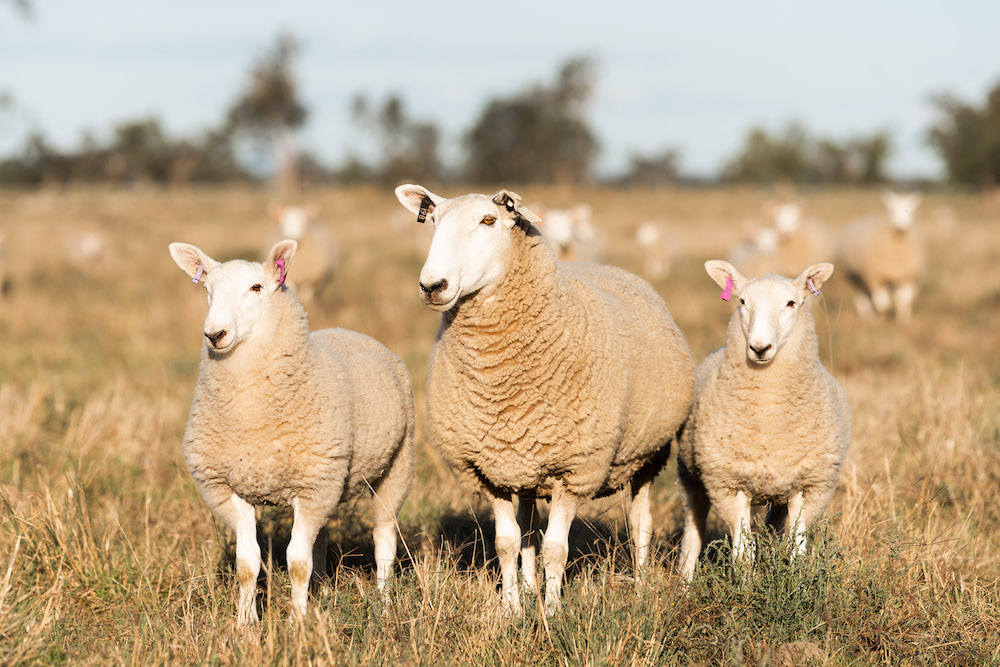
The increased risk of a Foot and Mouth Disease outbreak drew a lot of attention earlier in the year, prompting decision-makers to fast-track announcements on a nationally consistent sheep traceability reform.
However, several key players in the industry – including NSW Farmers – have warned there is a need to make sure the reform is nationally consistent and holistic. The cost and scale of what is being proposed could have a serious chilling effect on farm productivity, and those involved have been urged to take those concerns seriously.
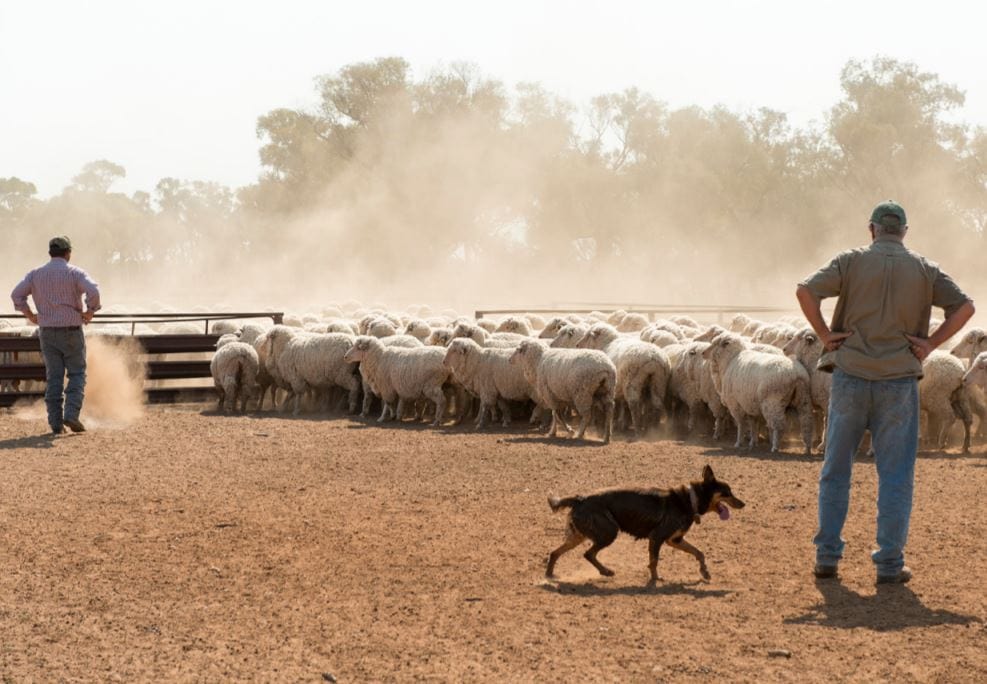
NSW Farmers Sheepmeat Committee chair Jenny Bradley said her members were insisting any national system be affordable and not impact production.
“Given these reforms would have occurred with or without the support of NSW Farmers, it made a lot of sense to stake out our claims and be part of the process to secure better outcomes.”
NSW Farmers Sheepmeat Committee chair Jenny Bradley.
“The people pushing this reform need to remember that farmers produce food and fibre for people, and any move that reduces production will drive up prices for consumers,” Mrs Bradley said.
“Our members want to see affordable tags, financial assistance to adopt new technologies and a staged roll-out to ensure farmers aren’t left bearing the burden of these reforms.”
Background on traceability
When Victoria introduced mandatory electronic traceability in 2019 – along with financial incentives to introduce the new system – NSW Farmers reiterated the need to ensure those requirements were not imposed on local sheep and goat producers. The policy at the time was to support the mob-based traceability system operating through the NLIS, as it was a proven and effective traceability tool, and leave RFID’s as an optional management tool.
But in July the NSW Government announced it would support a national electronic tagging system for sheep and goats in response to the threat posed by foot and mouth disease.

Minister for Agriculture Dugald Saunders said there was “unanimous support” for the development of a national mandatory sheep and goat traceability system during a meeting of Australian Agriculture Ministers, with a national framework to be “urgently developed” by federal and state agricultural departments with industry input.
“My commitment to sheep and goat producers is that they will have their voices heard during all stages of the implementation and development of a national traceability system.”
NSW Agriculture Minister Dugald Saunders
NSW Farmers Biosecurity Chair Ian McColl said while more traceability could be helpful, it would not be a silver bullet for the threat posed by FMD.
“Our members voted to provide in principle support for the development of a national individual traceability system for sheep,” Mr McColl said. “However, this national system must have jurisdictional harmonisation, be affordable, and be developed in consultation with producers.
“Traceability reforms must ensure that the costs are effectively shared throughout the supply chain and with government.”
Mr McColl said recent outbreaks of both Lumpy Skin Disease and Foot and Mouth Disease in Indonesia had created an increased risk of a severe biosecurity incursion in Australia. Australian Bureau of Agricultural and Resource Economics and Sciences (ABARES) modelling projected a widespread FMD outbreak in Australia would have an estimated direct economic impact of around $80 billion.
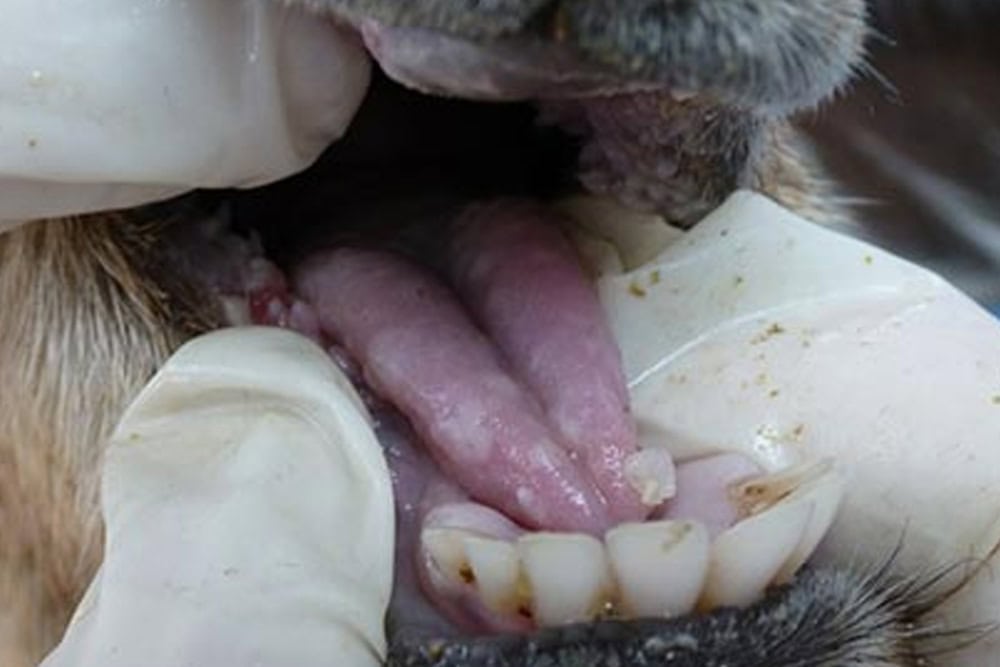
“In the event of a biosecurity disaster such as an FMD outbreak, effective tracking would enable authorities to enact preventive measures promptly and minimise an outbreak,” Mr McColl said.
“But we must remember this is not something that will replace strong biosecurity controls at our borders, and our members remain concerned about returning travellers and requirements at our airports.
“We are encouraged that governments are listening to industry and moving controls in the right direction, but we must do everything possible to keep FMD out of Australia.”
Conditional, in-principle support
With the development of a national traceability system set to occur with or without NSW Farmers support, an urgency motion and swift debate from members was held at the Association’s Annual Conference. NSW Farmers Sheepmeat Committee chair Jenny Bradley said members resolved to provide in-principle support, but believed this national system must:
- Have jurisdictional harmonisation.
- Reduce tag costs to an economically affordable level (i.e. national tag tender).
- Financially assist farmers and the supply chain to invest in technology.
- Be underpinned by an equitable funding arrangement across the supply chain.
- Ensure NLIS database has proven capability.
- Retain the option of tag-free pathways.
- A staged roll out over a five-year period.
- Be developed in consultation with producers; and
- NLIS is the only system that is available for stock movements.
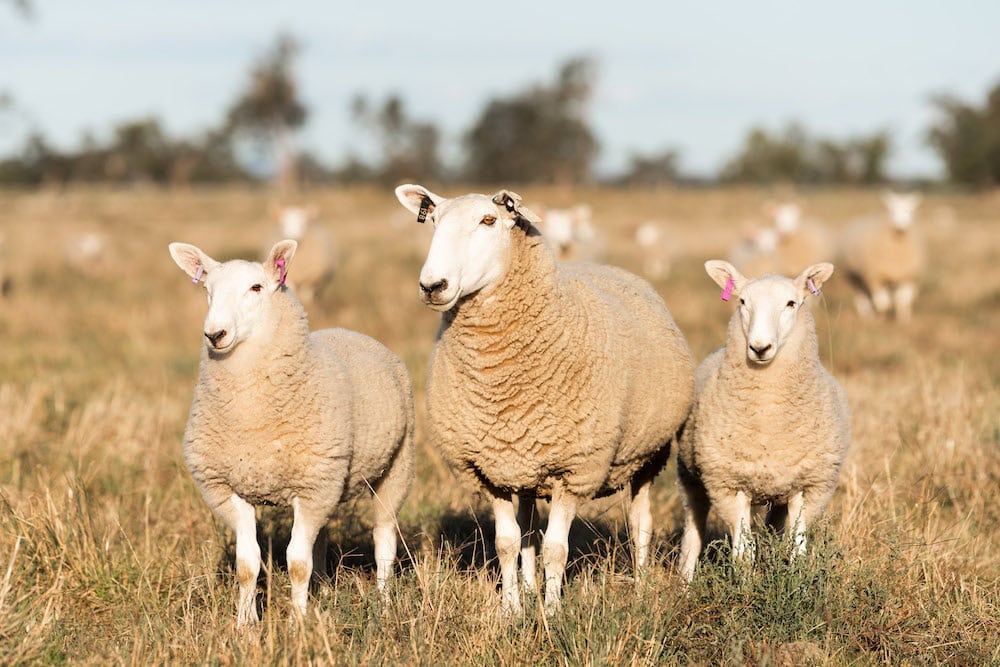
“We know from the Varroa mite outbreak that traceability is a key part of strong biosecurity systems,” Mrs Bradley said.
“However, we also recognise that these systems must support the industry, not hold it back, which is why it is so critical to bring farmers along on the journey.
“The sheep industry cannot afford to underestimate the value of having a robust traceability system that underpins our trade markets – we just want to make sure it is practical, affordable and fit-for-purpose.”
If you enjoyed this feature on sheep traceability, you might want to read our story on opportunities for sheep producers for diversification and value-adding.



